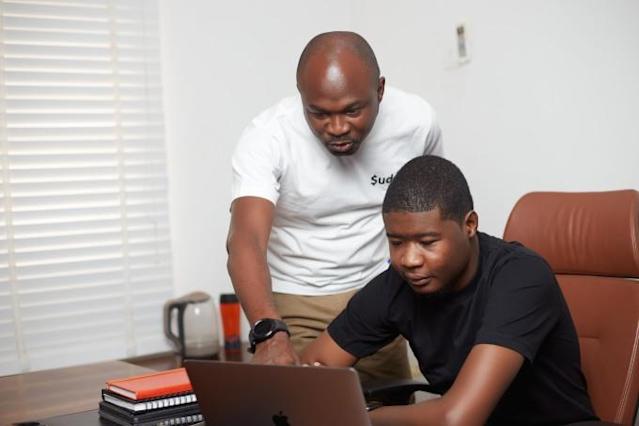Nigerian fintech startup Sudo Africa raises $3.7M in pre-seed funding to expand into other African markets

Nigerian financial service startup Sudo Africa has secured $3.7 million in pre-seed funding. Sudo Africa is a card issuing API platform, that enables developers and businesses to issue physical and virtual cards instantly.
The pre-seed round was led by U. S-based Global Founders Capital (GFC) and had participating, Picus Capital, LoftyInc Capital, Rallycap Ventures, Kepple Africa, Berrywood Capital, ZedCrest, and Suya Ventures. It also had Flutterwave CEO and founder Olugbenga Agboola, Ham Serunjogi, co-founder of Chipper Cash, and angel investor, Odun Eweniyi, as investors in the startup.
Founded in 2020, by Aminu Bakori and Kabir Shittu, Sudo Africa provides an open API platform, enabling companies to have access to financial features with which they can automatically build their own components, integrate with other services, and create better experiences for their clientele.
The platform resolves challenges to global financial systems, where card issuance takes longer time and management and control of card usage is limited. Sudo Africa builds technology to alleviate such experiences. In partnership with licensed card issuers, the platform allows itself and other developers or merchants to issue virtual or physical cards to their customers.
Sudo Africa differs from other card-issuing API businesses such that, it features incorporates advanced spending controls and real-time authorizations, which puts issuers in charge in every bit of the way.
Sudo Africa serves a wide range of sectors like fintech, microfinance banks, commercial banks, government agencies, logistics companies, e-commerce companies, and other non-tech businesses.
The startup charges exchange fees when the issued cards are used to make a web or POS transaction and receives authorization fees when spending and location-based controls are made. The startup is currently only operating in Nigeria. With the pre-seed funding, the platform intends to expand to other African markets. It envisions entering into three or four African countries before the end of the year.